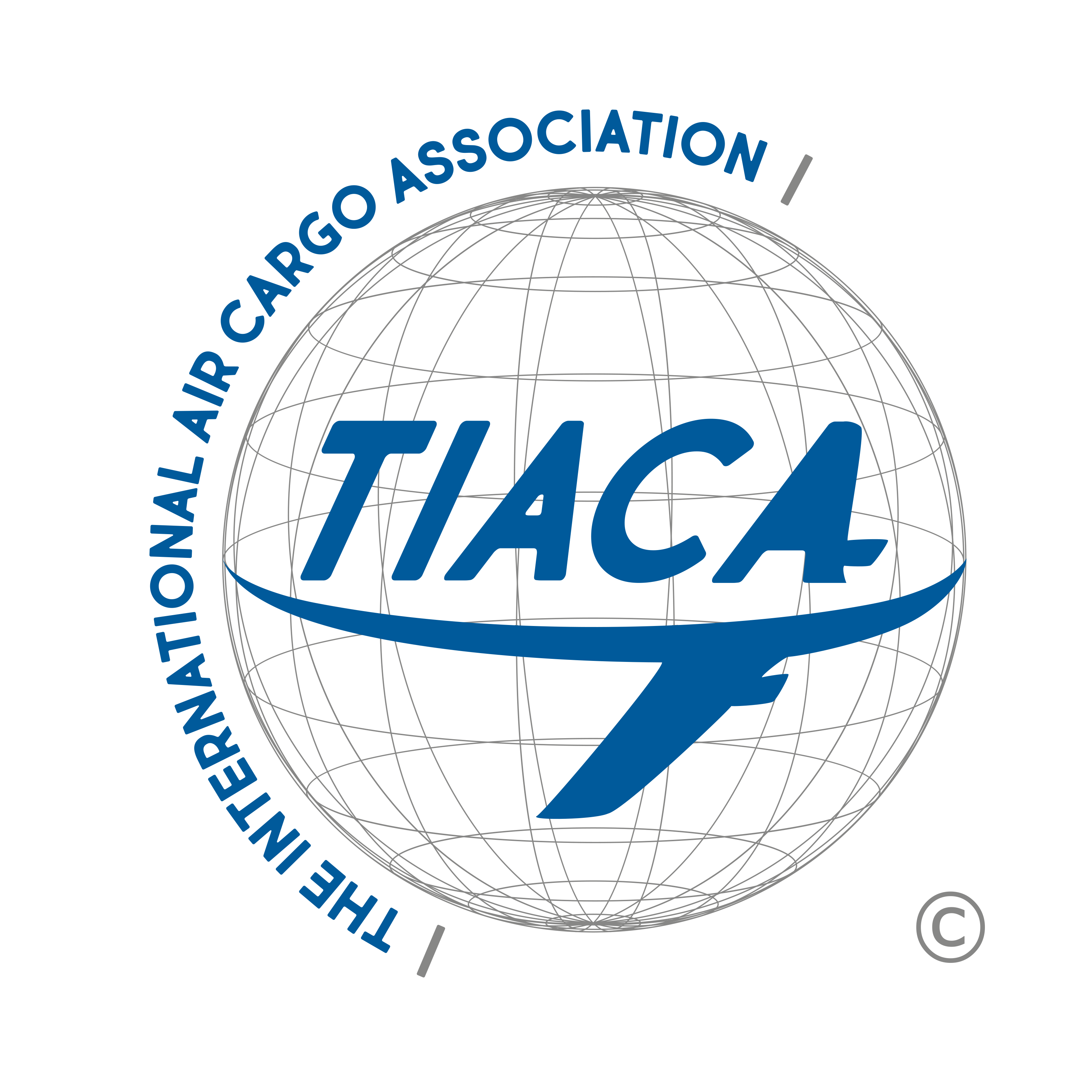Enhancing the Customer Experience Through Digitalization
Article submitted by: Air Canada Cargo – TIACA Trustee Member
 In August, Air Canada Cargo celebrated a digital milestone: Its innovative e-Booking tool turned five.
In August, Air Canada Cargo celebrated a digital milestone: Its innovative e-Booking tool turned five.
Launched in 2015, Air Canada Cargo’s e-Booking was designed to offer an electronic booking experience for air freight akin to that of booking a passenger flight: visually appealing and easy to navigate.
“The user experience was at the heart of the design from the beginning,” explains Fred Opong-Agyare, Manager, Digital Initiatives. “Our goal was to simplify the online booking experience and make it fun and modern. As consumers, most of us conduct business online because it is convenient and fast. There is no reason why that should be different for a transaction like booking air freight.”
Accessed via Air Canada Cargo’s website, the e-Booking portal is a one-stop shop for creating bookings and managing cargo shipments on Air Canada. In a few clicks, customers can book freight, have a dashboard view of current bookings on Air Canada and track shipments.
e-Booking benefits from continuous development, and users play a central role in the tool’s evolution. Enhancements such as booking specialized shipments, uploading multiple bookings, request a rate, address book, templates and a more robust track and trace were added over the years, based on user feedback.
e-Booking also plays a central role in Air Canada’s eAWB strategy, making it possible for forwarders without EDI capabilities to transact electronically with the carrier.
More that 4,000 users now book using the e-Booking tool. In 2019, over 100,000 transactions were conducted on e-Booking, a 43% increase over the previous year alone. While Canadian forwarders top the list, e-Booking is used around the world. Top exporting countries include the United States, Germany, and the UK. The tool is most used for Priority1 service level bookings and for commodities that range from general freight, parcels, dangerous goods and perishables.
Complementing the customer-interfacing tools are back-end digitalization efforts aimed at providing superior customer care. Customer Relationship Management technology, for example, has been implemented in North America to help Air Canada Cargo’s commercial team build a 360-degree view of its customers.
“The CRM system and the automation therein allows us to better understand our customers’ needs by capturing their interactions with us,” says Gentjan Protoduari, General Sales Manager, Digital Transformation. “With that level of insight we can synchronize our efforts among various departments to provide excellent customer service, continuously improve in an iterative manner, and ultimately elevate our customers’ experience to new heights.”
Another approach Air Canada Cargo is taking to use digitalization as part of its commitment to customer service excellence is artificial intelligence. In 2019, Air Canada set up its AI Centre of Excellence (COE) and several AI labs across the company, with Cargo leading with the first lab.
Cargo’s first lab resulted in a tool that estimates how much space will be left for cargo once all passenger factors are considered (including fuel and baggage). The tool also estimates how full a flight will be at departure as well as the risk of a no-show shipment. This helps employees make better-informed decisions, and reduces time spent validating information.
The latest lab uses AI to help employees identify shipments with high likelihood of containing weight or volumetric errors and provide recommendations on which shipments to reassess. By guiding employees to prescribed acceptance processes, digitized business rules ensure greater accuracy and compliance and increased efficiency, eliminating some common pain points in the customer journey.
Digitalization can also help enhance the customer experience at the operational level. To alleviate wait times at the cargo facility at Pearson International Airport in Toronto, a new scheduling functionality was recently introduced. Pick-ups can be scheduled by entering an air waybill number in the e-Booking portal or directly in Track and Trace on Air Canada Cargo’s website. After several months of testing and positive results, the schedule pick-up feature is currently being tested for deployment in Montreal and Vancouver.
Vito Cerone, Managing Director, Sales and Commercial Strategy, explains the customer experience is at the forefront of all digitalization projects at Air Canada Cargo.
“At the end of the day, we look to digitalization as a way to make it easier for our customers to do business with us,” says Cerone. “e-Booking was one of the earlier examples of this, AI is a continuation along the same spectrum. The ongoing improvements made to the Track and Trace tool are another – these are digital tools we put in the hands of our customers to give them choices and options for how they want to conduct business with us.”
